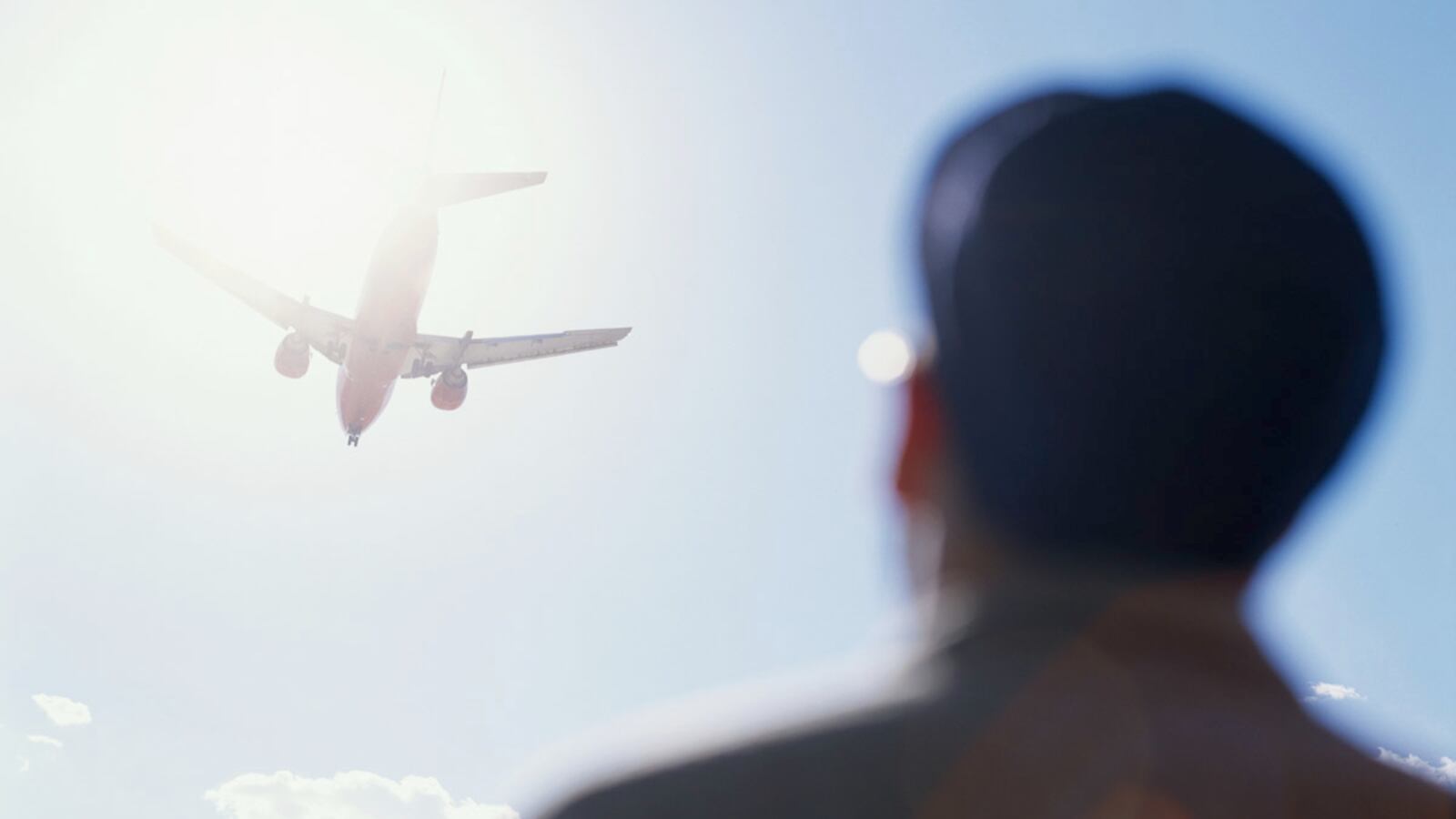Whether it’s a needle in a turkey sandwich or a duffel bag filled with cocaine, the airline industry still needs to address security challenges that have nothing to do with removing your belt and shoes or the size of your shampoo bottle.
This week’s headlines about sabotaged sandwiches underscore the concerns security experts have been voicing for some time about an industry that is so heavily outsourced. After sewing needles were found in six meals on four separate Delta Air Lines flights from Amsterdam to the United States, catering supplier Gate Gourmet denounced the “criminal act” and Delta tweeted that “Safety is No. 1.” But even as the FBI launches its investigation, addressing who had access to the turkey is more complex than many passengers realize.
Virtually all airlines have subcontracted most airport functions, so outside companies often provide not just catering, but airplane cleaning and servicing, baggage and cargo loading, fueling, and sometimes even passenger service and aircraft maintenance. Theoretically all workers at major airports are subject to the same security screening and background checks—but insiders note the acute challenges posed by outsourced service companies with tens of thousands of low-paid transient employees and high turnover rates.
As I detail in my new book, Attention All Passengers: The Airlines’ Dangerous Descent—And How to Reclaim Our Skies, aviation-security experts are concerned that our national focus on passenger screening obscures the credible threats posed on the backside of many airport terminals. One industry veteran, who has worked in airline catering for 30 years, says: “The cargo side of the airport is wide open. You can stick 20 terrorists in a truck.”
And it’s not just about security risks at airports, because an airline’s fleet can be vulnerable at other locations as well. A mechanic for a major U.S. carrier told me about an airplane that had just returned from an outsourced repair shop in Latin America a few years ago. A colleague working in the plane’s cabin removed a panel and found two duffel bags of cocaine in the galley’s cooling and refrigeration units. The coke was turned over to authorities. But as the mechanic pointed out, the illegal drugs could just as easily have been weapons or explosives.

Another mechanic describes visiting an aircraft-maintenance facility in El Salvador that contracted with JetBlue, Southwest, and US Airways, and he states: “Guys with machine guns were guarding the parts bin.” In fact, such concerns are not isolated. In a mind-blowing worst-case scenario back in 2002, an employee in Singapore was arrested for having ties to al Qaeda while working for an outside aviation-maintenance contractor that serviced the U.S. Navy and Northwest Airlines (which has since merged with Delta).
And even domestic facilities are not immune from serious security concerns. In 2005, 27 illegal aliens were arrested when they were working as aircraft mechanics at an outsourced airline-maintenance repair shop in North Carolina.

In the years since 9/11, a lot of money, effort, and time have been spent to improve procedures and technologies that vet airline passengers. And given the size, scope, and complexity of the industry, many would assert that such efforts have produced some results. But while the Transportation Security Administration and the media seem overly focused on the bottleneck that is passenger screening, additional focus is needed elsewhere, because passenger boarding represents just one vulnerability.
Tough questions remain for the U.S. airline industry, both here and around the world. Who has access to the tarmac side of our airports and other aeronautical facilities? How well are all those employees being screened? Who’s overseeing the packing, transportation, and loading of cargo and mail? Who’s cleaning the planes? Who’s servicing the planes? Who’s fixing the planes? Who’s handling all that catering?
As we all continue to learn more about who tampered with the turkey sandwiches in Amsterdam, such questions should worry us greatly. And it’s time for the TSA and the airlines to take a much broader view of security, so that all potential threats can be addressed.






